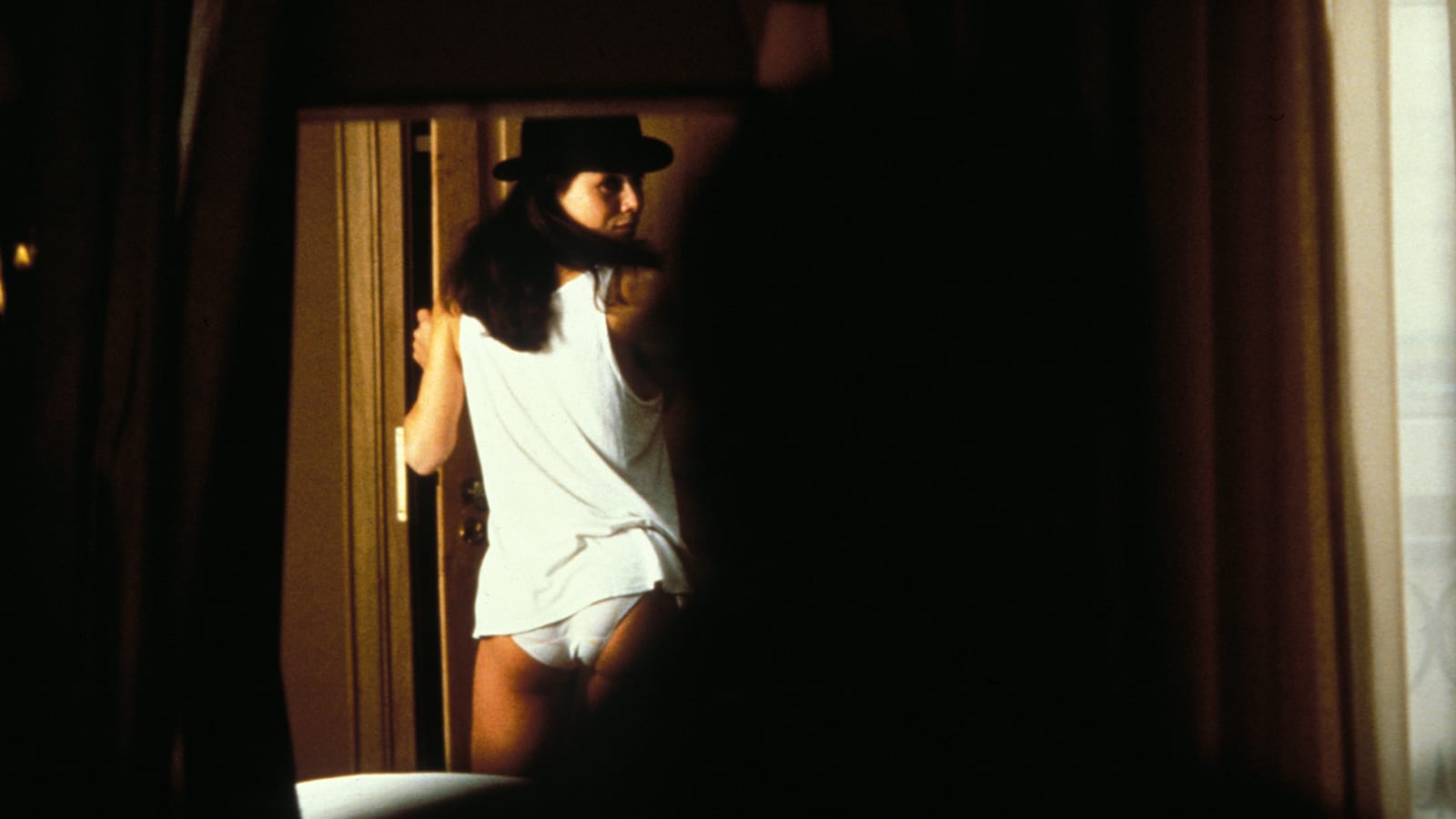The only Kundera film adaptation frankly hasn’t disproven that the source novel is unfilmable, but The Unbearable Lightness of Being is a pretty decent attempt. While Kundera’s meditations aren’t tackled in full depth, director Philip Kaufman manages to retain enough of the novel’s images to rein in the unwieldy plot, such as Sabina with the mirror, Tereza’s nightmare of naked women, their photography around Sabina’s studio and the black-and-white moment of Prague Spring, where editor Walter Murch adeptly inserts Tereza and Tomas within the historical footage. These images, along with the excellent cast, keep the wistful feeling that haunts Kundera’s novel.
Synopsis
Successful surgeon Tomas leaves Prague for an operation, meets a young photographer named Tereza, and brings her back with him. Tereza is surprised to learn that Tomas is already having an affair with the bohemian Sabina, but when the Soviet invasion occurs, all three flee to Switzerland. Sabina begins an affair, Tom continues womanizing, and Tereza, disgusted, returns to Czechoslovakia. Realizing his mistake, Tomas decides to chase after her.
Storyline
Czechoslovakia, 1968. With only one life to live, successful surgeon Tomas prefers to live without attachment, flitting from woman to woman, preferring to keep sex and love separate. His closest friend and bohemian Sabina agrees with this philosophy, though he marries the waitress Tereza, who fears being just another body to Tomas.
TLDR
The novel would take a shorter time to read, sure, but does it have Daniel Day-Lewis looking deeply into your soul?
What stands out
It’s tough to film Kundera’s long-winded but meaningful meditations about the weight and lightness of freedom, but the feelings of Tomas, Tereza, and Sabina are still felt in the film because of the excellent performances of the cast. Lena Olin captures the free spirited poise of Sabina, while Juliette Binoche’s wide-eyed face captures the inexperience and insecurity of Tereza. However, it’s Daniel Day-Lewis that makes the film work, believably turning the initial libertine Tomas into someone able to stick to his convictions.







